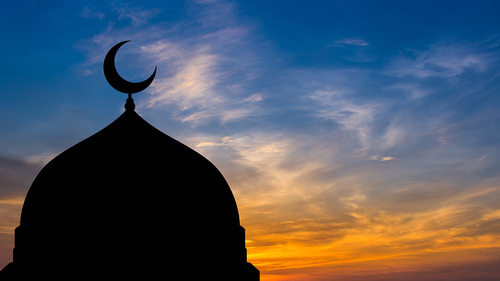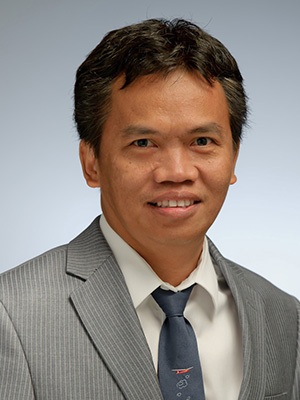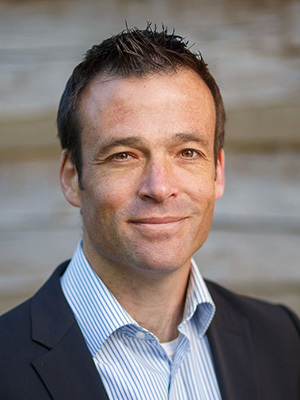
Muslims worldwide will enter Ramadan, the most sacred month in Islam, with millions of people still under stay-at-home orders due to the coronavirus pandemic. How will the month-long season — with its traditional prayer, fasting and acts of charity — be shaped by the constraints of social distancing?
Mun’im Sirry, assistant professor of theology and expert in Quranic studies, said that while most Islamic practices are communal, fasting is Ramadan’s central and most distinctive practice, and is almost entirely hidden.

“While fasting has a strong social component, it is also very private between the believer and God,” he said. “There is an interesting Hadith in which the Prophet Muhammad is reported to have said: ‘God says every deed of the son of Adam is for him except fasting; it is for Me, and I will reward for it.’ Fasting is singled out, according to some scholars, because showing off is possible for most good deeds in a way that is not true for fasting."
While the fasting may be obscured from public view, Ramadan’s other activities are often shared amongst Muslims, including Tarawih prayers (night prayers performed only during the month of Ramadan) at mosques and sharing the iftar meal with friends and extended family members.
“For the Muslim world, everything changes during Ramadan,” Sirry said. “The difference between day and night is very sharp because people do very little during the day, and when night arrives, life begins: prayers, reading the Quran and enjoying the iftar, and for many this will be limited to immediate family members.”
Sirry noted that in Islamic theology, events like the coronavirus pandemic would be seen as trials and opportunities for people who are sick, and those caring for them, to be more mindful of God. He also pointed to the Quran’s emphasis on the equality and dignity of all people as a guidepost for unity in responding to the coronavirus crisis. “The Quran repeats many times that God created us all from one soul, and he created different genders, tribes, nations and races, for one purpose: for us to get to know each other,” Sirry said.
Catholic scholar of Islam Gabriel Said Reynolds studies the relationship between the Qur’an and the Bible and serves on the Vatican’s commission for Catholic-Muslim dialogue.
Sirry and Reynolds are faculty in Notre Dame’s World Religions World Church program and, together with Tzvi Novick and Francesca Murphy, co-host the Minding Scripture podcast.

Reynolds said that there are already interesting questions before scholars of Islam and Imams because Friday noontime prayer, Jumu`ah prayer, is obligatory for Muslim men to perform in the mosque. Because of the coronavirus pandemic, this obligation has been waived in many places and is among the communal components of Ramadan whose absence will be sorely felt.
“There is also the socio-cultural aspect of the iftar, which is often done in large groups or with extended families or at the local mosque,” Reynolds said. “Part of the beauty of belonging to a religious community is the social support and the solidarity you feel with your brothers and sisters in the faith, so I think this loss will be significant for many Muslims.”
Reynolds noted that among the interfaith benefits of paying attention to the seasons of Islam, Christianity or Judaism are the annual opportunities for learning when neighbors and friends do things which may seem at first glance to be foreign or perhaps difficult to understand.
“As a Christian, I find there is a lot of spiritual motivation to be found in the diligence with which Muslims pursue their fast,” Reynolds said. “The Lenten fast is beautiful, but it is different, and not as rigorous as the Ramadan fast, which, like the Lenten fast, carries with it a particular emphasis on charity and concern for the poor that is expressed variously in different cultures.”
